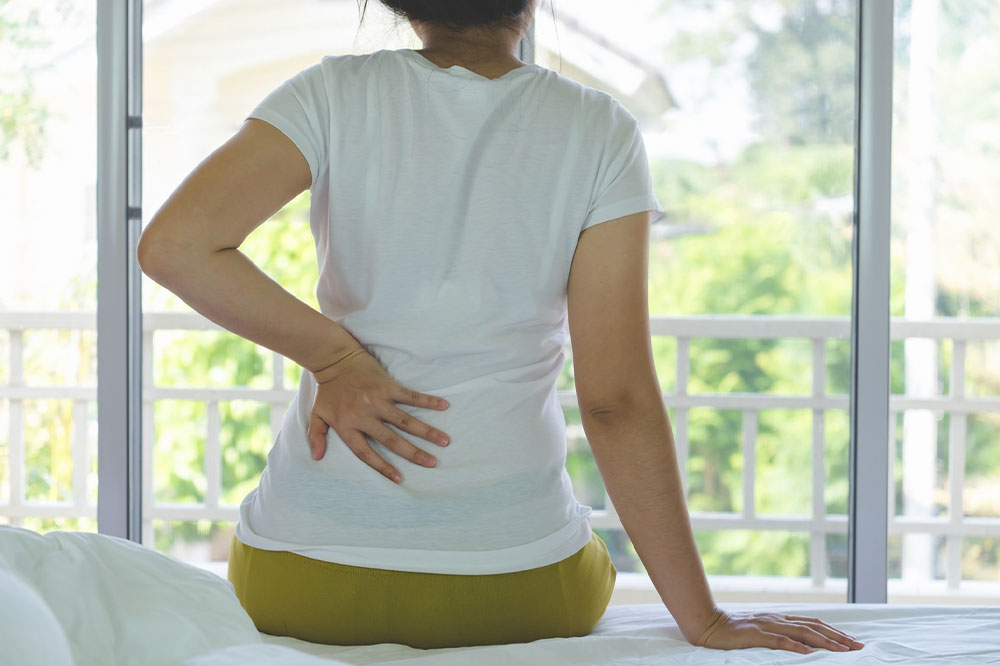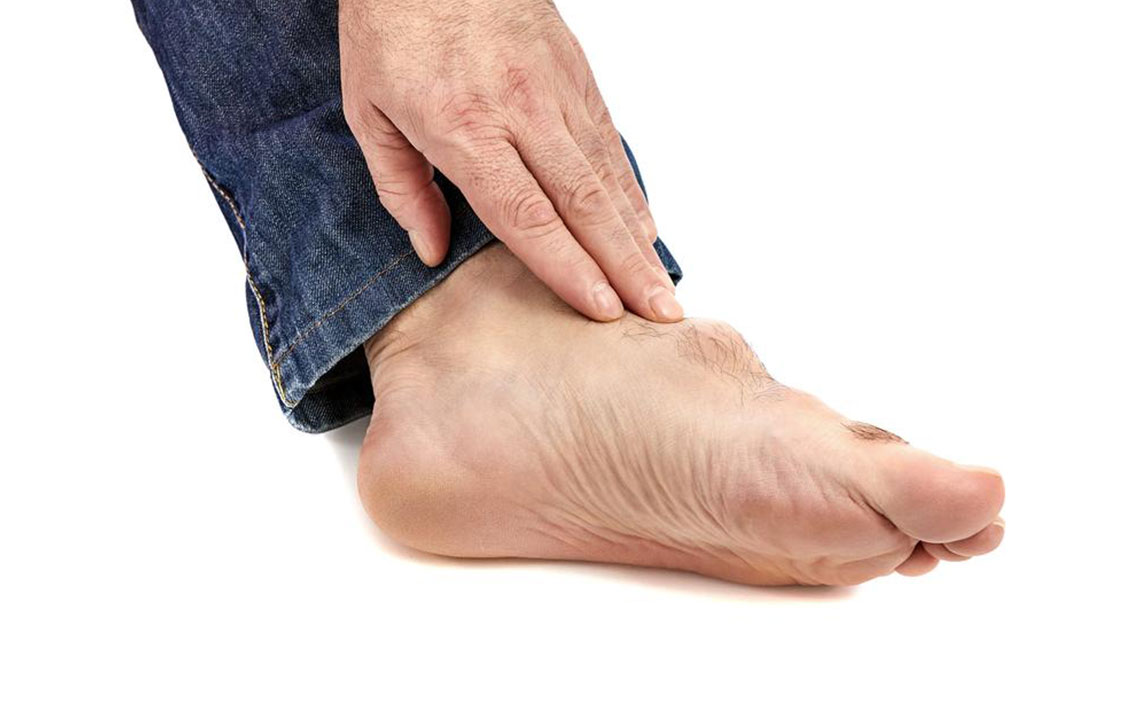Treatment options for various causes of kidney pain
Unlike lower back pain, kidney pain is usually experienced as a pain around the kidney located in the upper abdomen. It can be due to several reasons. In some case, the pain may extend to flaks or the area around the groin.
Primary causes of kidney pain :
- Kidney infection
- Hydronephrosis i.e., swelling in the kidney due to accumulation of urine caused by a blockage
- Kidney stones
- Polycystic kidney disease
- Bleeding in your kidney
- Bleeding in kidney veins
- Kidney cysts
- Kidney tumor or kidney cancer
The treatment of kidney pain would depend o your diagnosis.

Early diagnosis becomes necessary to prevent complications. A different approach to treatment is followed for each of the causes mentioned above. Here, we discuss the treatment options for some of the more common causes of kidney pain.
Treatment of kidney infections:
The first treatment for kidney infections is antibiotics. You may be prescribed oral antibiotics for a few days. The doctor will review your condition after a specified time before deciding on future course of action. If the infection is mild, the symptoms subside over a few days. For more severe infections, you may be administered antibiotics through an IV.
If your kidney infections keep coming back, your doctor may refer you to a specialist. In most cases, surgery is the last resort for treating cases that cannot be controlled by medication.
Treatment of hydronephrosis:
The aim of the treatment is to remove the obstruction that may be causing the back flow of urine and the consequent swelling in the kidney. The treatment would depend on the cause of the obstruction.
- Blockages in the ureter: To remove such blockages, the doctor may need to insert a ureteral stent to drain the bladder.
- Blockage due to scar tissues or blood clots: A surgery may be required to remove the clot and the damaged tissue completely.
Treatment for kidney stones:
The course of treatment depends on the type of stone and the cause underlying its formation. Small kidney stones, usually, do not require invasive treatment. Your doctor may recommend one or more of the following:
- Drink plenty of water.
- Use pain relievers such as ibuprofen, acetaminophen, or naproxen sodium.
- Take certain medication like alpha-blockers, which relax the muscles in the ureter to facilitate the movement of stones outside the body.
Stones that are too large to pass on their own may require treatment that is more extensive. Large stones can cause permanent damage to the kidney tissue and are the underlying cause behind reoccurring urinary tract infections. The possible lines of treatment include:
- Using sound waves to break up stones
- Surgery to remove very large stones in the kidney
- Using a scope to remove stones




